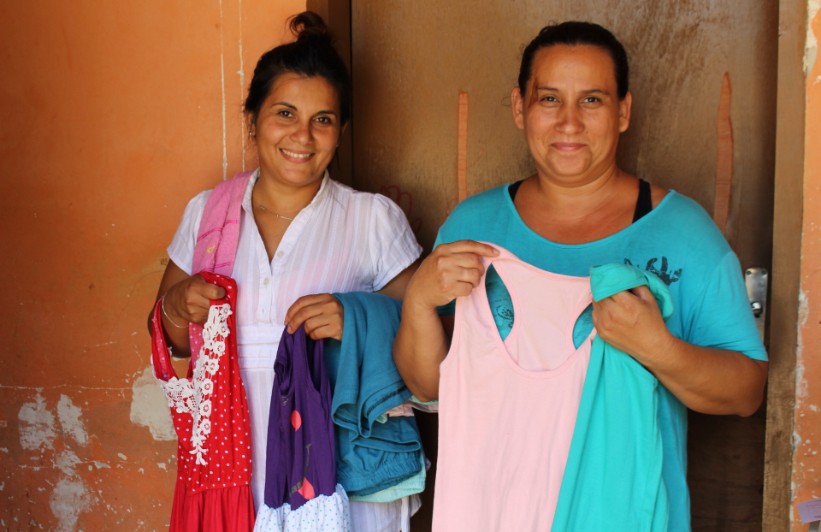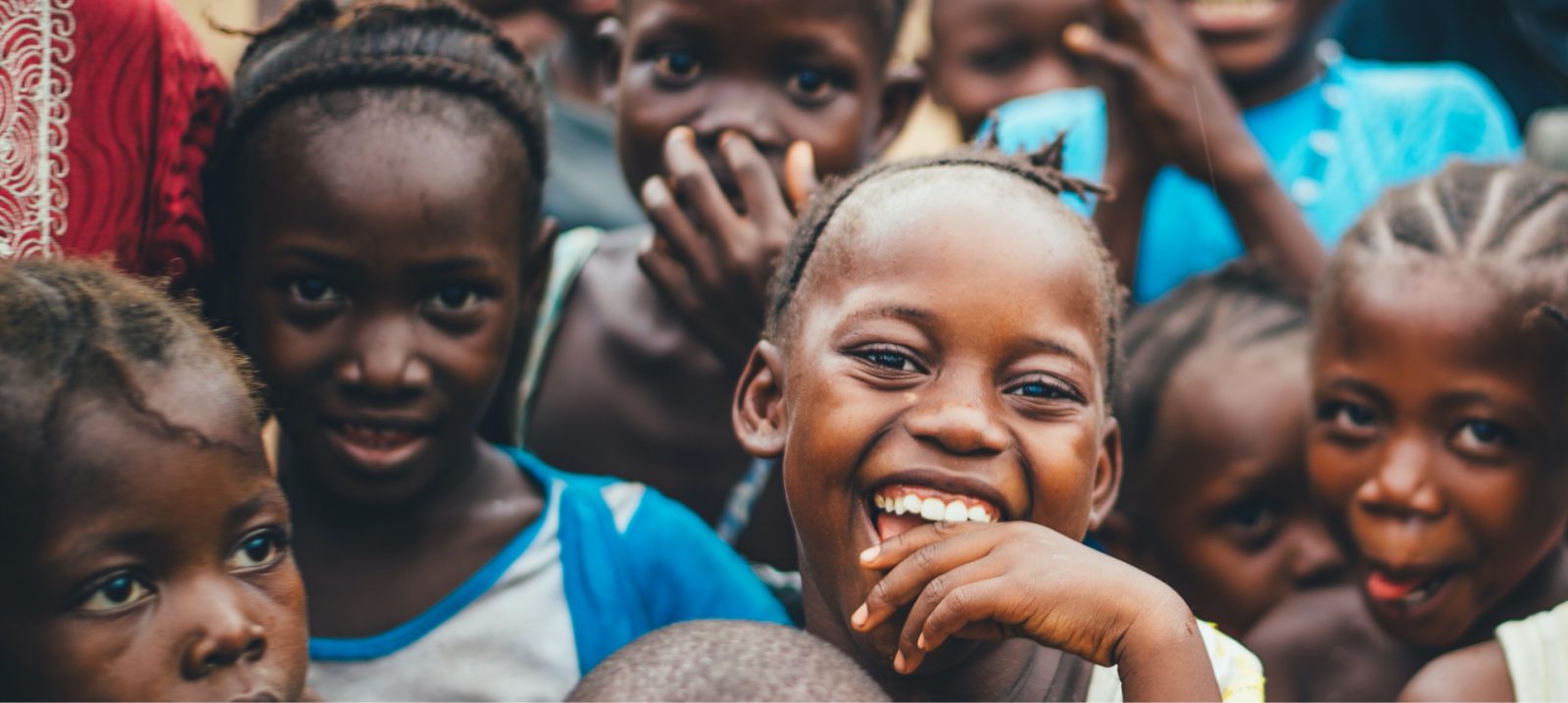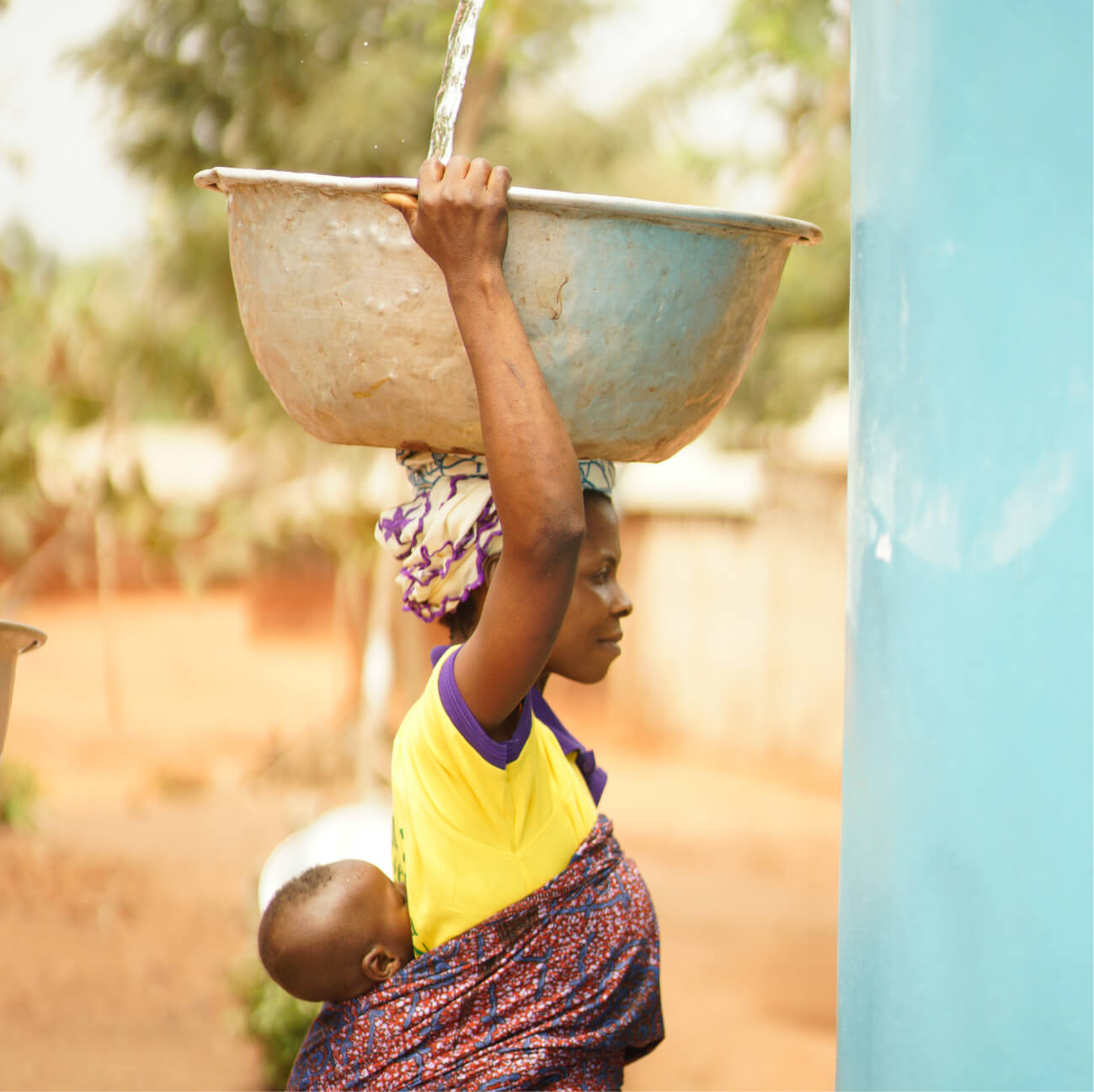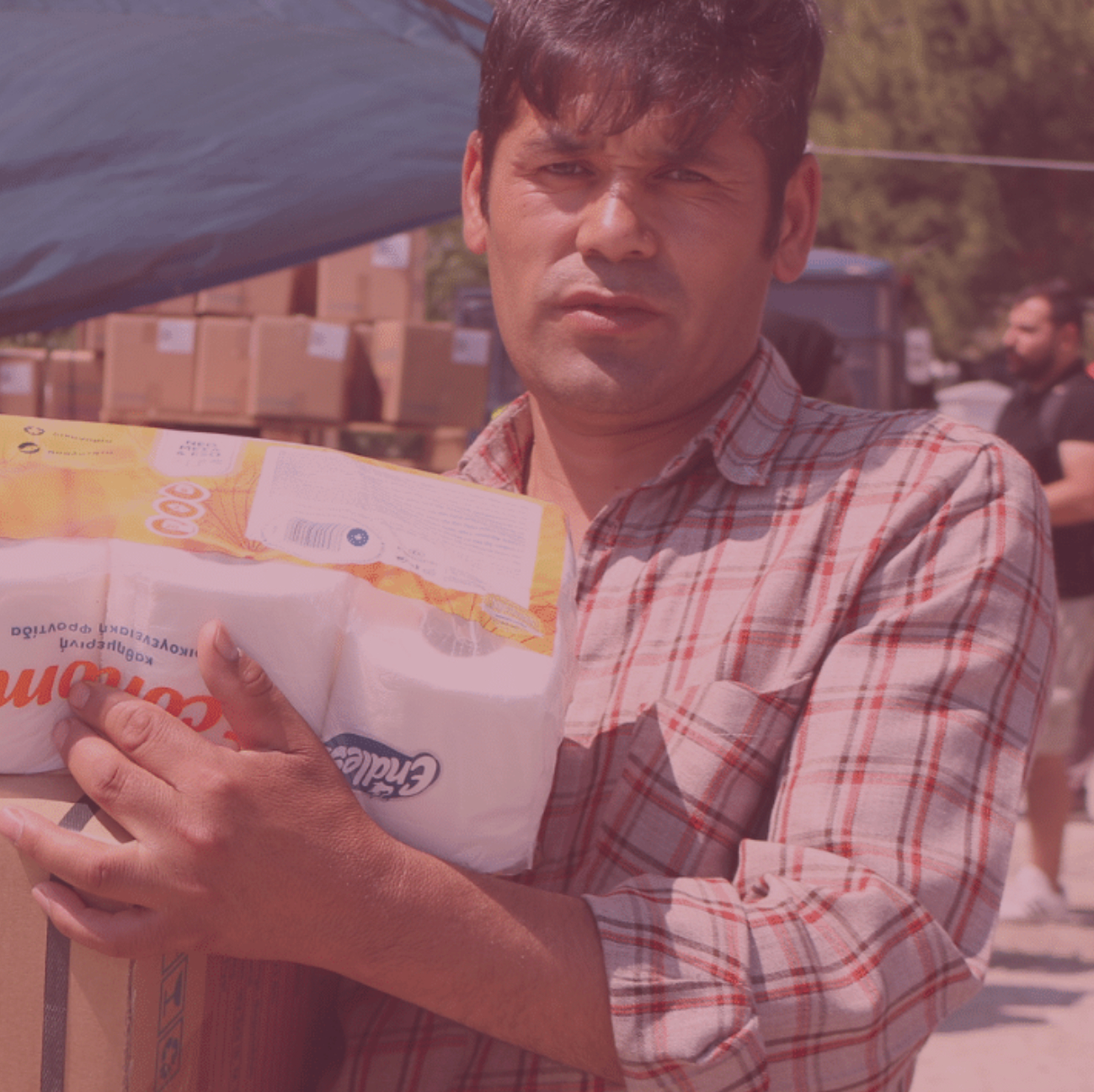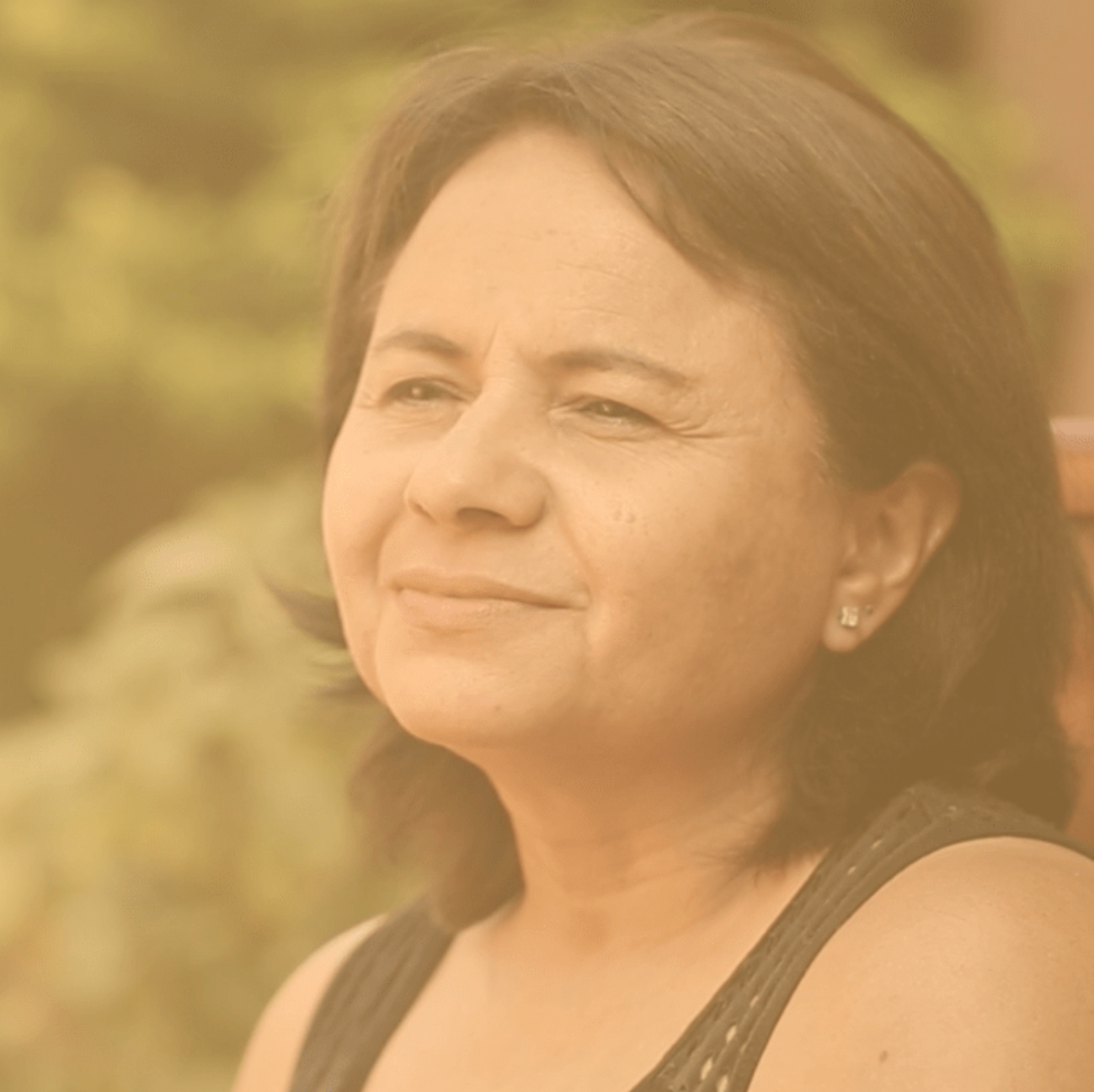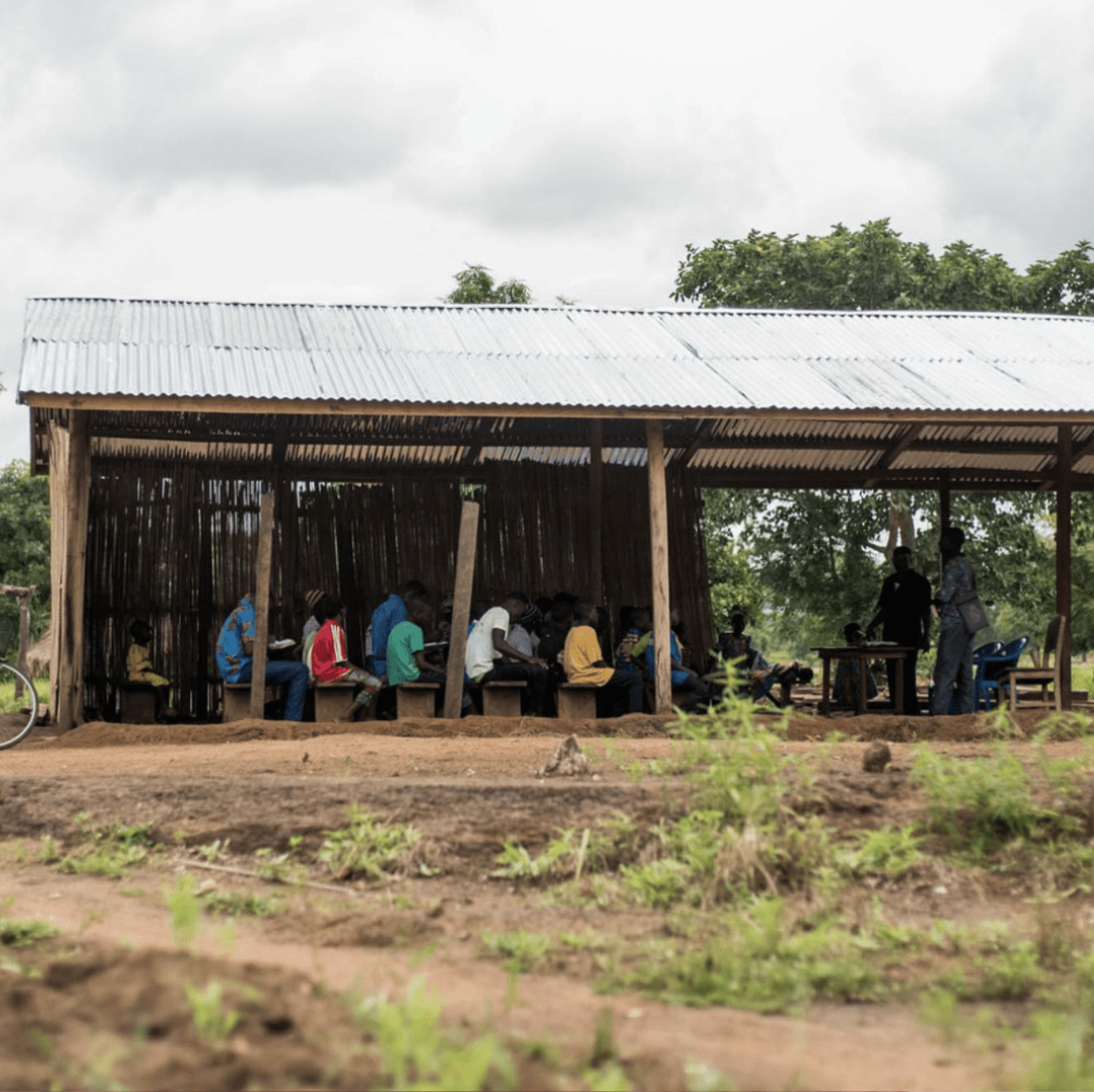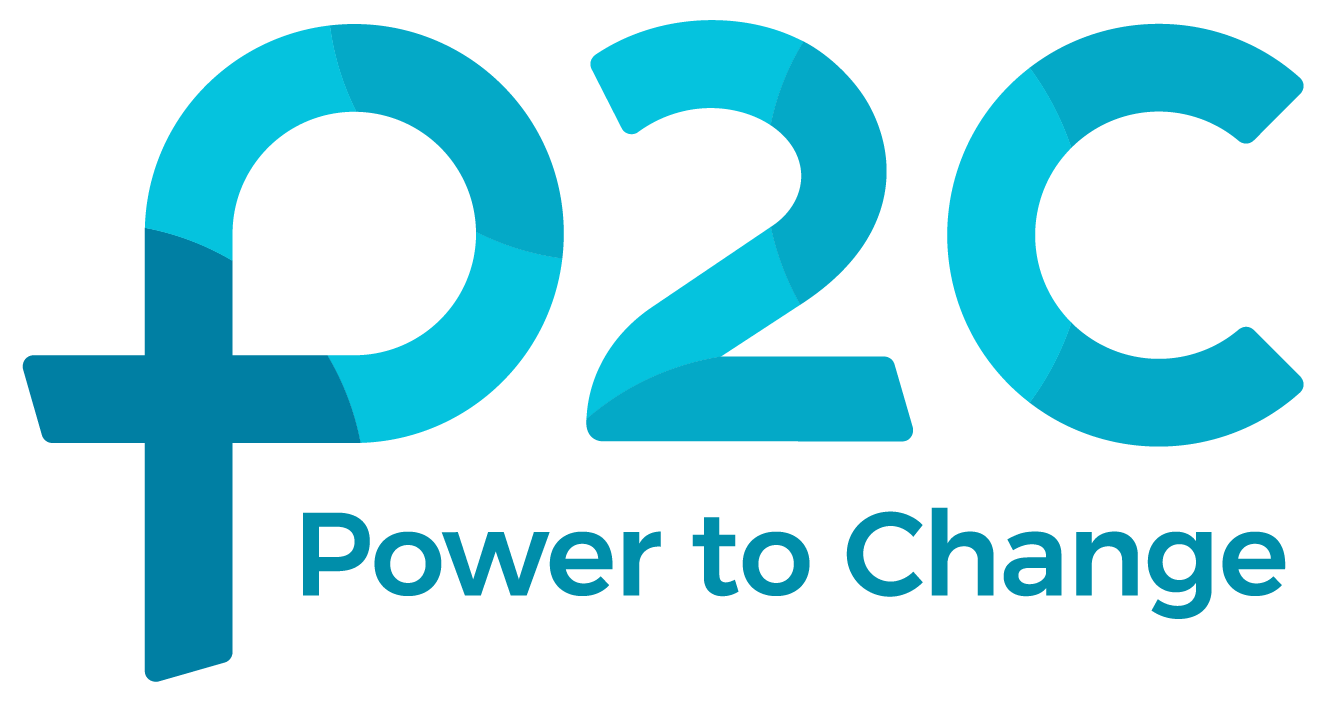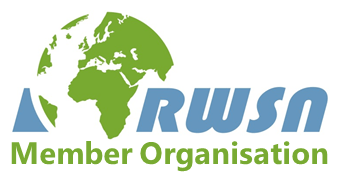WHY WE WORK
As followers of Jesus we are moved with compassion for those who suffer. We are called to demonstrate the love of God in tangible and practical ways by loving our “neighbor as ourselves”. Every human person bears the image of God, and poverty, suffering, injustice, and exploitation makes people vulnerable and robs them of their God-given dignity and potential.
We believe that without a vibrant relationship with God, it is not possible to experience the fullness of life that we were created for. These convictions and compassion drive us to lovingly respond holistically to the needs of vulnerable people.
Our work is focused on 4 areas that work together to create lasting whole-person transformation for the communities we serve.
Where
We Work
Benin
According to local officials, one in ten people in Benin have clean water because of our water project. Since 2004, we have been providing access to safe water for thousands of people in extremely rural villages. These communities are home to some of the poorest people in the country.
See MoreIndia
We currently partner with Pandita Ramabai Mukti Mission, a home for destitute women and orphans that was started in 1889. Named for its founder, Pandita Ramabai, and the Marathi word “mukti” which means freedom and liberty, Mukti Mission and GAiN seek to care for and empower underprivileged women and children to be salt and light in their community.
See MoreLiberia
Our JESUS Film Church Planting Strategy (JFCPS) teams in Liberia continue to reach unreached, unengaged people groups (UUPGs). In the midst of political and religious tensions as well as the ongoing difficulty of travelling to these remote areas, our dedicated teams have managed to make significant strides in establishing relationships and sharing the gospel with these communities.
See MoreParaguay
In Paraguay, about 26% of the population lives in poverty. Alongside our local partner, Diaconia, GAiN is working to lower this stat by teaching financial literacy and stewardship to communities across the country. The programs place a particular emphasis on empowering women to learn vocational skills, become financially independent and embrace a life of wholeness in community.
See MoreSierra Leone
Though rich in natural resources, years of anarchy and systematic destruction have led to Sierra Leone being ranked as one of the poorest countries in the world. We continue to press on in our goal of reaching unreached and unengaged people groups (UUPGs) with the gospel of Jesus Christ and strengthening the local church.
See MoreTanzania
Tanzania is one of three countries where our Water for Life Initiative program is currently active. We also support the Upendo Center, which is home to 16 orphaned children. Upendo, meaning “love” in Swahili, provides the children with nourishing meals, education, clothing, school supplies, medical care, caregivers and spiritual care.
See MoreTogo
Our experience with providing wells in Benin, South Sudan and Tanzania opened doors for us to do the same in Togo. In December 2009, we sent our first drilling rig to the country and have been providing villages with access to clean, disease-free water ever since.
See MoreUkraine
The Russian invasion of Ukraine on February 24, 2022 has turned the country upside down. The UN estimates that 3.7 million people are currently displaced within Ukraine while another 6.5 million have fled to countries around the world. As the nation struggles to find safety and peace, GAiN is committed to sending humanitarian aid to help families survive the hardships of war.
See MoreAfghanistan
On August 16, 2021, following mounting tension and conflict, the Taliban (radical Islamist movement) took power as the Afghan government collapsed, leaving the people of Afghanistan to face great fear and uncertainty.
See MoreCanada
When massive wildfires forced almost 90,000 people in Fort McMurray, Alberta to evacuate from their homes, residents knew that when they were given the go-ahead to return home, their lives would not be the same. GAiN partnered with the Fort McMurray Gospel Assembly, a local church in the area, to provide aid, emotional and spiritual care. (Completed 2017)
See MoreChina
As a region much in need; those living in the province of Guangxi, China daily face desperate conditions. Imagine a dirty community water hole where the same water is used for washing and cooking and bathing livestock. Life for the local villagers is a struggle for survival.
See MoreDemocratic Republic of the Congo (DRC)
In the first two months that the JESUS Film church planting strategy was implemented among the Ngbandi people group in the DRC, four church plants were established in Mobay, Kotakoli, Tabac, and Fadu Village.
See MoreEthiopia
After discovering members of the Borana tribe were starving and gathered together at the Gadhamoji village located approximately 147km south of Yabello, Ethiopia, Global Aid Network (GAiN) Canada responded with immediate food and plans to assist in their long-term recovery from the drought crisis in the Horn of Africa.
See MoreGreece
Situated in the Aegean Sea, the island of Lesbos was the home of one of the most notorious refugees camps, Camp Moria. Located closer to Turkey than to mainland Greece, everyday refugees made the dangerous trek across the watery strait in hopes of a better life in Europe. In Sept. 2020, a fire engulfed the camp, leaving 13,000 without shelter.
See MoreHaiti
Haiti has had to endure back-to-back natural disasters, leaving people displaced, without food, water or shelter. The 7.2 magnitude earthquake struck on August 14, 2021 and Tropical Storm Grace swept the area just two days
See MoreIraq
On October 17, 2016, an Iraqi-led coalition began a battle to liberate Iraq’s second largest city, Mosul, from the Islamic militant group ISIS. The city’s residents had been living in deteriorating conditions under ISIS rule for the past two years, some describing it as a “big prison.”
See MoreLebanon
Hundreds of thousands of Lebanese refugees had been displaced internally within Lebanon and externally into Syria. At the time of a very fragile cease-fire, we acted quickly. Emergency funds were needed immediately to ship aid to countless numbers of people, many of whom had lost their homes.
See MoreMexico
The Mazateco church planting team was, with God’s help and in partnership with a church in Santa Cruz, Teotitla, Oaxaca, able to enter a very difficult area to reveal hope and restore life. Angel Andrade Estrada, the pastor of the local church, told the team, “We are a handful of people but we want to reach other villages for God’s glory. We want to reach San Pedro Ocopetatillo.”
See MoreMorocco
The devastating earthquake on September 8, 2023 killed over 3,000 people and has left thousands of people homeless. Without shelter or basic necessities, many Moroccan communities are struggling to survive.
See MoreMyanmar
The aftermath of a Cyclone Nargis, which struck the Southeast Asian nation of Myanmar early morning on Saturday, 3 May 2008, is still being felt. Considered to have been the deadliest natural disaster to have hit the country in modern history, it has, caused 78,000 deaths and 56,000 to be missing and unaccounted for.
See MoreNepal
On April 25th, 2015 a powerful 7.8 earthquake devastated Nepal. From April 25 to May 11, 160 aftershocks recorded above 4 on the Richter scale. The most intense aftershock occurred on May 12, magnitude 7.3. We had in-country partners in Nepal who responded with immediate relief. Between April 28 and May 12, we conducted nine distributions to 485 families, which resulted in 2,830 beneficiaries.
See MoreNigeria
The Eziama Community located in Imo State, Nigeria is a rural area of 23 villages with over 80,000 people. The area is greatly lacking in basic health care facilities or programs. Over five years, a small but outstanding hospital complex had been constructed in the middle of Eziama community.
See MoreNorth Korea
The CKSTEEC began operating in July 2004. The mission of the CKSTEEC is to provide an excellent level of English language training for the scientists and technicians of the Democratic People’s Republic of Korea, preparing them to communicate effectively in the English language on a personal basis, in the fields of science and technological research and exchange, on the world stage. Completed 2003.
See MorePakistan
When we first got involved, people were suffering an unimaginable need in Pakistan and India. Rescue teams were still searching for survivors among the ruins. The winter was coming which brought with it snow, thunderstorms and freezing temperatures. In the meantime, media reports told of plagues that would break out as a result of the water that was now polluted by dead bodies and sewage.
See MorePhilippines
When super typhoon Haiyan struck the Philippines on November 8, 2013, it left in its wake death and destruction. Men, women and children were swept out to sea, drowned where they hoped to find shelter, or crushed by buildings.
See MoreSouth Sudan
The government of Southern Sudan faced the daunting task of building up this devastated country which had been in a state of war for 41 of the last 50 years. The most basic of services were missing or unreliable; water, food, permanent shelter, roads, infrastructure, and agriculture…
See MoreSri Lanka
When a powerful earthquake rocked Sumatra, Indonesia on December 26, 2004, the quake unleashed a giant tsunami and Sri Lanka was one of the hardest hit countries. Over 31,100 have been recorded dead, 4,115 missing and over 540,000 people were displaced.
See MoreSudan
As many as 300,000 were estimated dead and over 1.8 million were at risk in the Darfur province of Sudan. The United Nations had described the situation as the world’s worst humanitarian crisis, with “catastrophic levels” of suffering. The tragedy began before 2001, when black Sudanese rebels in Darfur revolted…
See MoreSyria
Syria continues to experience the grim impacts of what is called “the worst humanitarian crisis of our time.” Millions of people are currently facing displacement, poverty, hunger and trauma as they fight to survive amidst the brutal effects of civil war and natural disasters.
See MoreThailand
Like many countries in Asia, increasing population, economic, agricultural, and industrial expansion in Thailand are the major causes of the deterioration of water quality in various water sources. High loading of pollutants from human activities beyond the water resource carrying capacity has contributed to degradation of water quality throughout the country.
See MoreTurkey
Following the earthquake on February 6, 2023, approximately 50,000 people in Turkey and Syria died and even more were injured. The UN estimates that about 3.6 million refugees currently live in Turkey, meaning that it hosts the largest number of refugees in the world.
See MoreUganda
Piet and Pita Buitendijk lived in Uganda for 10 years. In 2001 they built a house for children in need called Noah’s Ark Children’s Center located near Kampala, the capital city of Uganda. Here, nurses and social workers care for the children. (Completed 2005)
See MoreUSA
The aftermath of Hurricane Katrina, in New Orleans, Louisiana, left hundreds of thousands of people stranded and many homeless because of the vast destruction of the storm and its flooding. GAiN Canada worked in coordination with GAiN USA (now Unto) and its partners to supply compassionate help and hope for many of the victims of Katrina. in New Orleans, (Completed in 2005)
See MoreVietnam
Like many countries in Asia, increasing population, economic, agricultural, and industrial expansion in Thailand are the major causes of the deterioration of water quality in various water sources. High loading of pollutants from human activities beyond the water resource carrying capacity has contributed to degradation of water quality throughout the country.
See MoreWestern Sahara
The Western Sahara is a desert region lying between Algeria, Morocco and Mauritania. This region is the homeland of the Saharawi, who are a mix of Arab and Berber people. In 1975, the Moroccan army invaded and occupied territory within the Western Sahara, and most Saharawi civilians fled east into Algeria. (Completed 2003)
See MoreZimbabwe
When Tropical Cyclone Idai hit Mozambique on Thursday, March 14, 2019, its powerful winds and heavy rainfall caused devastation throughout the country and moved on to destroy parts of Zimbabwe and Malawi. GAiN Canada partnered with GAiN USA (now Unto) to help fund the provision of water filters for families affected by the floods in Zimbabwe. (Completed in 2019)
See MoreGlobal Aid Network’s worldwide partnership collectively works in 49 countries. Global Aid Network Canada is currently working in 9 countries.
-
1
Identify Community Needs -
2
Establish Local Partnership -
3
Equip Community Leaders -
4
Community Empowerment & Ownership -
5
Project Implementation With Best Practices -
6
Sustainable Impact -
7
Evaluation & Reporting -
8
Connecting Donors to Impact
Community Needs Assessment
We systematically assess the physical, social, economic, spiritual, and relational needs of a community, using industry best practices that are modified to fit our context.
Establish Local Church Partnership
Our model hinges on local church partnership and involvement. We view the local church as the sustainability engine and community development driver that is essential to our whole-person approach.
Equip Local Leaders
We train and equip local leaders to own, champion, and maintain their community’s transformation to create generational change.
Community Empowerment & Ownership
Throughout the process we establish community action groups that will be responsible for the ongoing maintenance and management of the projects, ensuring that the impact lasts.
Project Implementation With Best Practices
After careful planning and budgeting, we use funds raised by generous supporters to implement development initiatives like drilling wells, showing the JESUS film, and establishing discipleship groups.
Sustainable Impact
Sustainability is baked into our approach at every step but the real key to longevity is the local church. We place the local church and trained leaders at the centre of the ongoing community transformation plan. When a local church doesn’t exist in a community, we work with neighbouring communities to plant new churches to carry on the work we started.
Evaluation & Reporting
Accountability and results are vital to every project you fund through Global Aid Network. We carefully monitor progress and evaluate outcomes and report back to you with honest updates of the impact that you’ve made possible.
Connecting Donors to Impact
We connect you to the projects through stories from the field and regular updates via email, social media, or our blog. We also provide you with opportunities to see the work for yourself by joining one of our LIFE teams.
We strive to innovatively link individuals and groups worldwide, sourcing critical commodities and mobilizing people for an effective response. As a result, we work to eliminate the duplication of services amongst aid organizations by cooperating and working together with like-minded agencies. We believe that unity of strengths and resources of each partnering agency focuses effectively into a single, efficient, global effort.
Networking and partnerships with organizations and individuals is only part of the success in our response to help the needy in any country. Merely delivering aid is not always enough. Often the ground must be prepared first by forming relationships with government leaders and other key decision makers to foster an atmosphere of openness and trust before aid or development work can begin. Our partnerships are maximized by good relationships with government leaders and key decision makers in-country. The effect is catalytic; it boosts the flow of progress & escalates effectiveness of short-term relief & long-term development.
Every project we conduct would not be possible without those who give to each initiative; whereby making each donor our partner too!
OUR CURRENT PARTNERS:
We have also partnered with:
- Jesus Responde
- DRIME
- Thai Karen Baptist Church
- Clean Water For The Children
- Government of Canada
- IAS (International Aid Services)
- Eijkelkamp Foundation
Associations / Memberships / Networks:
LET’S WORK
TOGETHER
Our ability to reveal hope and restore life to communities experiencing poverty, injustice, and crisis is only possible because of the faithful partners like you.
We have the privilege of working on your behalf to bring real life transformation to some of the most vulnerable communities.
Help our work to grow by joining a passionate global community of like-minded change makers.
